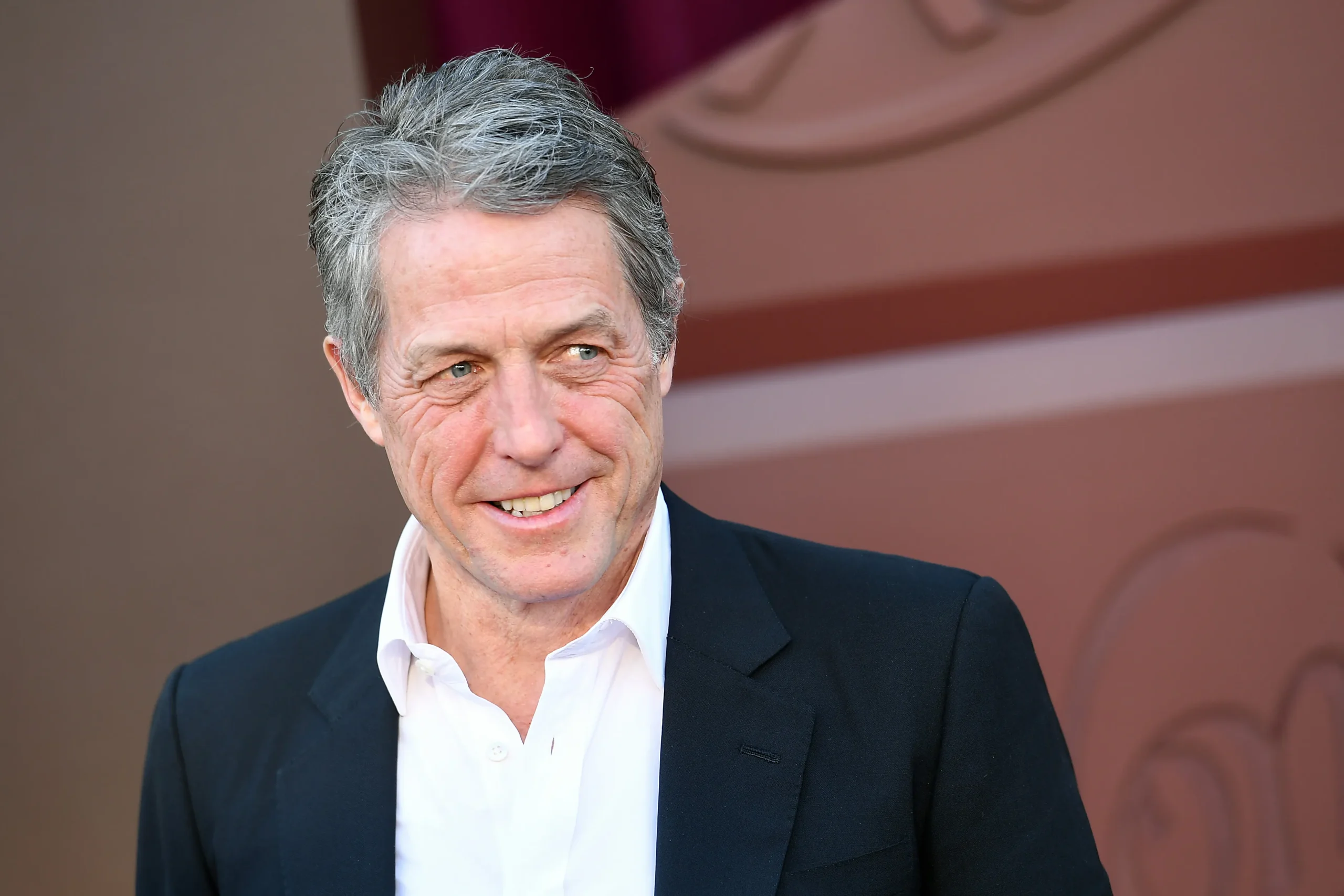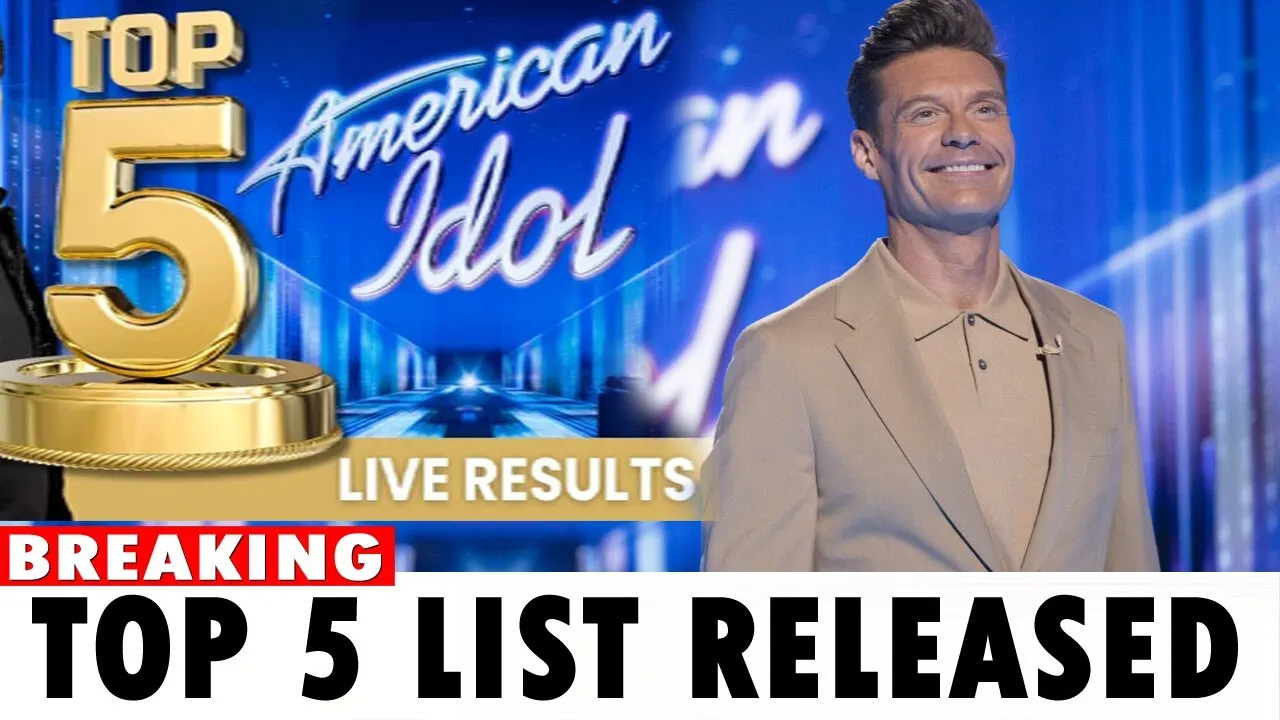Hugh Grant: From Charming Romantic to Hollywood’s Edgy Villain
Hugh Grant, once the quintessential romantic lead of the 1990s, is undergoing a remarkable transformation in his acting career. With the release of his latest film, Heretic, Grant steps into the shoes of a menacing villain, Mr. Reed, marking a significant departure from his previous roles. This shift not only showcases his versatility as an actor but also reflects a broader trend in Hollywood where established stars are embracing more complex and morally ambiguous characters.
A New Chapter in Grant’s Career
Who is at the center of this transformation? Hugh Grant, the British actor known for his charming performances in romantic comedies like Four Weddings and a Funeral and Notting Hill, is now taking on darker roles that challenge his established persona. What does this mean for his career? The release of Heretic signifies a pivotal moment, as Grant explores the depths of villainy, a stark contrast to his previous boyish charm.
When did this shift begin? Over the past few years, Grant has gradually transitioned into more villainous roles, with notable performances in films such as Paddington 2 and Dungeons & Dragons. This evolution has been met with intrigue and excitement from audiences and critics alike. Where does this leave his romantic comedy roots? While he continues to embrace his past, Grant is clearly eager to explore new territory.
The Allure of Villainy
In Heretic, Grant portrays a character described as having a “provocative yet pitiless logic.” This complexity allows for a slow reveal of malevolence, contrasting sharply with the charm that defined his earlier roles. Grant himself has expressed that playing villains is more appealing than traditional hero roles, stating, “there always seems to be more juice in an evil character.” This sentiment reflects a desire for deeper, more nuanced performances that resonate with contemporary audiences.
The film Heretic has received positive reviews, currently holding a 91% score on Rotten Tomatoes. Critics have praised Grant’s performance, highlighting the film as an entertaining twist on the horror genre. This critical reception underscores the success of his career transformation, as he navigates the challenges of portraying a Hollywood villain.
Navigating Personal Challenges
Grant’s evolution as an actor comes after navigating significant personal and professional challenges. He has faced legal battles over media intrusion and public scrutiny following his arrest in 1995, which impacted his public image. These experiences have undoubtedly shaped his perspective on fame and the roles he chooses to portray.
In interviews, Grant acknowledges the cultural sensitivity surrounding themes of religion in Heretic, stating that tackling such subjects can be seen as “edgy,” particularly in the context of American audiences. This awareness of cultural commentary adds another layer to his character and the film’s narrative, showcasing Grant’s growth as an actor who is willing to take risks.
A Broader Trend in Hollywood
Grant’s transition reflects a broader trend in Hollywood where actors are increasingly exploring complex and morally ambiguous characters. The industry is moving away from traditional archetypes, allowing for a richer tapestry of storytelling. This shift not only benefits actors like Grant but also enriches the cinematic landscape, providing audiences with more diverse narratives.
As he embraces this new direction, Grant is also set to reprise his role as Daniel Cleaver in the upcoming fourth installment of Bridget Jones, titled Mad About the Boy. This balance between old and new facets of his career demonstrates his versatility and willingness to evolve while still honoring his roots in romantic comedy.
Conclusion: A New Era for Hugh Grant
In conclusion, Hugh Grant’s transformation from a charming romantic to a Hollywood villain is a testament to his adaptability and talent as an actor. With Heretic, he not only challenges his established persona but also contributes to a larger conversation about the evolution of character portrayals in contemporary cinema. As audiences eagerly anticipate his future projects, it is clear that Grant’s career is entering an exciting new chapter, one that promises to captivate and surprise.
In the words of Grant himself, “There always seems to be more juice in an evil character.” As he continues to explore the darker side of storytelling, fans can look forward to witnessing the full spectrum of his talent in the years to come.






Leave a Comment